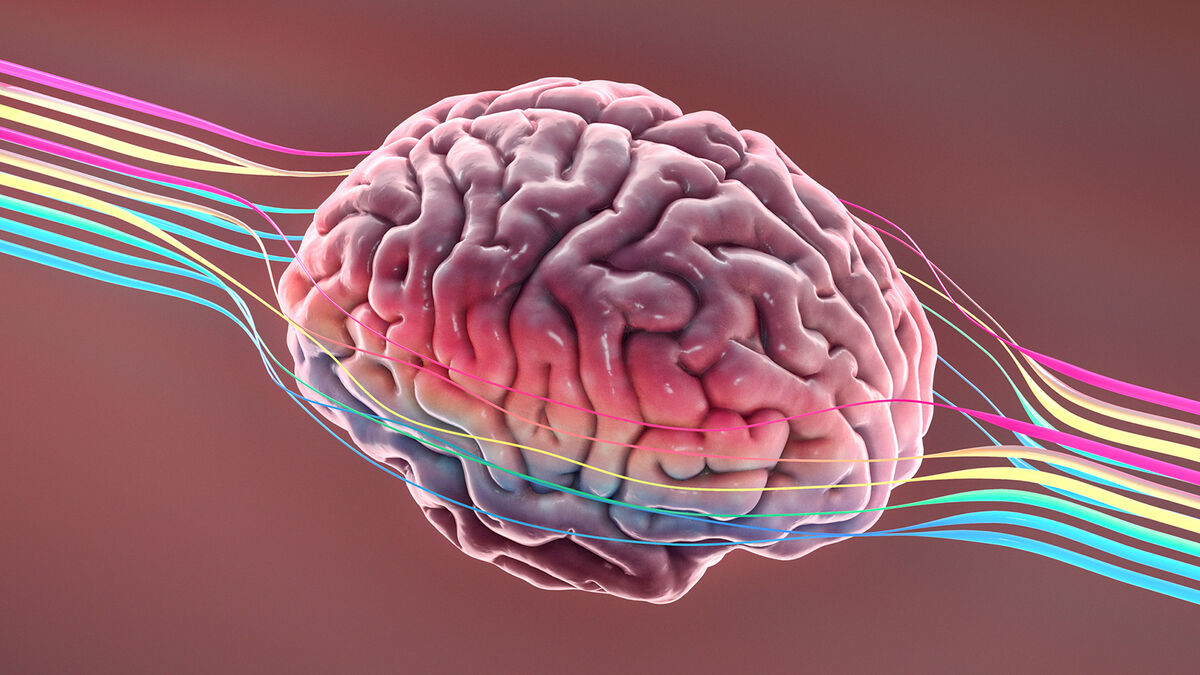
The field of psychology can be complex. But understanding basic psychology terms and their meanings is a good first step to understanding the study of the mind. Keep reading to learn all about psychology vocabulary, including psychological conditions and disorders.
Basic Psychology Terms
If you’re doing a basic review of psychological terms, you may see some words pop up in your studies. These terms are common to psychologists and therapists in all fields. Basic psychology terms include:
- anxiety - worry or fear that is not proportional to reality
- attachment theory - Henry Harlow’s theory of the four attachment styles (secure, avoidant, anxious, and disorganized)
- attitude - a person’s mindset that changes in different situations
- bias - feeling prejudice for or against something
- Big Five - the five main personality traits (neuroticism, extraversion, openness, agreeableness, and conscientiousness)
- catharsis - relief that occurs unconscious thoughts become conscious
- cognition - mental activity (e.g., understanding, creativity, problem-solving)
- consciousness - one’s awareness of the world around them
- construct - a method of thinking or theory
- coping mechanism - tool to manage and/or relieve stress
- defense mechanism - tool to defend oneself against emotional trauma or stress
- delusions - beliefs that are held even when proven wrong
- ego - part of Freud’s model of the psyche that balances the conflict between the moral conscience (superego) and primal instincts (id)
- emotional intelligence - one’s ability to regulate, process, and express emotions
- extrovert - a person who gains energy from being around other people
- hierarchy of needs - Maslow’s theory that people’s motivations come from four levels of needs (physiological, safety, love and belonging, and self-esteem) that lead to self-actualization
- id - the primal, instinctual part of Freud’s model of the human psyche
- intelligence quotient (IQ) - score that measures a person’s cognitive abilities
- introvert - a person who feels energized after time alone
- long term memory - memory system that stores information for a long period
- mindfulness - ability to use all five senses to focus on the present moment
- nature vs. nurture - debate about whether one’s genes (nature) are more or less influential than they way they were raised (nurture)
- paradox - a contradictory statement
- pathology - scientific study of disease and/or behavior
- personality - one’s standard pattern of thinking, feeling, and behaving
- projection - defense mechanism that applies one’s own negative behavior to others
- schema - mental model that includes prior knowledge and expectations
- self-actualization - the highest need in Maslow’s hierarchy of needs; the need to realize one’s full potential
- short-term memory - memory system that only stores information for a short amount of time
- self-efficacy - one’s knowledge and confidence that they can meet challenges
- stress - the negative effect of challenging circumstances on one’s mental and emotional wellbeing
- superego - part of Freud’s model of the psyche that handles moral decisions; also known as the conscience

Terms for Psychological Conditions or Disorders
When a person’s behavior or experience differs from the norm, they’re often labeled with various disorders. But it’s important to know exactly what these disorders entail and how they are diagnosed. Some common terms for psychological disorders or conditions that you may hear are:
- addiction - psychological and physiological dependence on a substance or behavior
- antisocial personality disorder - personality disorder marked by a pattern of behaviors that are not socially acceptable
- anorexia nervosa - eating disorder characterized by the need to restrict one’s eating in order to control one’s weight
- Attention Deficit Hyperactivity Disorder (ADHD) - disorder marked by one’s inability to focus, sit still, or control impulsive behavior
- bipolar disorders - mood disorders that fluctuate between depressive and manic episodes
- borderline personality disorder - personality disorder in which a person exhibits impulsive, erratic behavior and unstable relationships
- bulimia nervosa - eating disorder marked by a person’s compulsion to binge and purge food in an effort to control their weight
- cognitive dissonance - state of anxiety that occurs when a person encounters information that contradicts their beliefs
- dementia - condition in which one experiences significant cognitive decline
- depression - mood disorder marked by lack of motivation, energy, and joy
- dissociative disorders - disorders in which a person protects themselves from emotional trauma by detaching from reality for short or long periods of time
- eating disorders - disorders in which one attempts to control their environment by controlling their eating habits
- generalized anxiety disorder - pattern of persistent worry about typical events
- histrionic personality disorder - personality disorder marked by one’s desire for attention and propensity for high emotions
- hypochondriasis - disorder in which one believes they have a serious illness or disease
- insanity - legal term that indicates a person’s inability to take responsibility for their actions
- mental illness - psychological condition that makes it difficult to function
- mood disorders - disorders in which one experiences rapid, volatile mood swings
- Munchausen syndrome - disorder in a person seeks attention by fabricating an illness (known as Munchausen by proxy in the case of a caregiver fabricating illness in a child or patient)
- narcissistic personality disorder - disorder in which a person’s sense of extreme importance leads to a lack of empathy
- obsessive-compulsive disorder - anxiety disorder characterized by an obsessive and/or compulsive need to control one’s environment
- panic disorder - the experience of constant and unexpected panic attacks
- personality disorders - patterns of behavior and experience that are not typical to one’s primary culture or environment
- phobia - anxiety disorder that is characterized by an extreme, irrational fear
- post–traumatic stress disorder (PTSD) - condition in which an environmental trigger causes a person to re-experience the stress or trauma of a traumatic event
- psychosis - perception that is extremely distorted and divergent from reality
- psychosomatic - a physical illness brought on by one’s belief that they are ill
- schizoid personality disorder - personality disorder that inhibits a person’s social skills and emotional processing
- schizophrenia - disorder in which one experiences an alternate reality, which may include hallucinations, delusions, and erratic behavior
- substance abuse - pattern of drug use that adversely affects one’s life
Psychology in Our World
No matter what branch of psychology you’re studying, it’s good to know what basic terms mean. You can learn a lot about social norms and expectations by taking a close look at acceptable behavior models. Check out these examples of cognitive psychology that include everyday instances and areas of application.